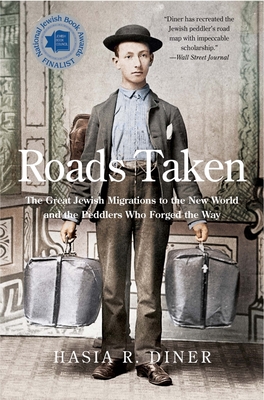Expedite your nonfiction book discovery process with Readara interviews, summaries and recommendations, Broaden your knowledge and gain insights from leading experts and scholars
In-depth, hour-long interviews with notable nonfiction authors, Gain new perspectives and ideas from the writer’s expertise and research, Valuable resource for readers and researchers
Optimize your book discovery process, Four-to eight-page summaries prepared by subject matter experts, Quickly review the book’s central messages and range of content
Books are handpicked covering a wide range of important categories and topics, Selected authors are subject experts, field professionals, or distinguished academics
Our editorial team includes books offering insights, unique views and researched-narratives in categories, Trade shows and book fairs, Book signings and in person author talks,Webinars and online events
Connect with editors and designers,Discover PR & marketing services providers, Source printers and related service providers

Roads Taken: The Great Jewish Migrations to the New World and the Peddlers Who Forged the Way
History > Jewish - General
- Yale University Press
- Paperback
- 9780300234398
- 9.1 X 6.1 X 0.9 inches
- 0.9 pounds
- History > Jewish - General
- (Single Author) Asian American
- English
Readara.com
Book Description
Between the late 1700s and the 1920s, nearly one-third of the world's Jews emigrated to new lands. Crossing borders and often oceans, they followed paths paved by intrepid peddlers who preceded them. This book is the first to tell the remarkable story of the Jewish men who put packs on their backs and traveled forth, house to house, farm to farm, mining camp to mining camp, to sell their goods to peoples across the world. Persistent and resourceful, these peddlers propelled a mass migration of Jewish families out of central and eastern Europe, north Africa, and the Ottoman Empire to destinations as far-flung as the United States, Great Britain, South Africa, and Latin America.
Hasia Diner tells the story of millions of discontented young Jewish men who sought opportunity abroad, leaving parents, wives, and sweethearts behind. Wherever they went, they learned unfamiliar languages and customs, endured loneliness, battled the elements, and proffered goods from the metropolis to people of the hinterlands. In the Irish Midlands, the Adirondacks of New York, the mining camps of New South Wales, and so many other places, these traveling men brought change--to themselves and the families who later followed, to the women whose homes and communities they entered, and ultimately to the geography of Jewish history.
Author Bio
My courses seek to place the history of the Jews in the United States into a variety of contexts, including the larger history of the United States and the history of the Jews in other lands at the same time.
They place the experience of Jews as an American immigrant and ethnic group into the broader history of immigration and ethnicity in the United States and they link the history of Judaism in America into the history of American religion and in particular, into the history of other minority religions. Gender and the history of women plays a prominent feature in these courses.
Research Interests
- American Jewish history,
- American immigration history and women's history
Education
- University of Illinois-Chicago, PhD 1976
- University of Chicago, MA 1970
Source: New York University Arts & Science
Videos
No Videos
Community reviews
No Community reviews

